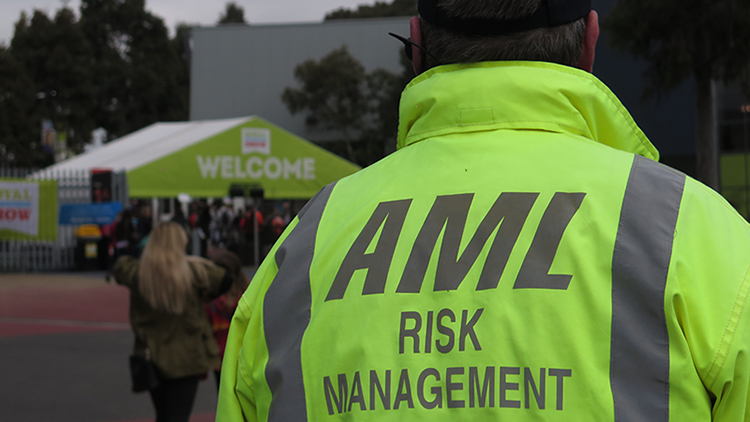Security management identifies an organisation’s , company’s or an individual’s assets during an event. Assets can range from physical objects like speakers and staging to cash, or even people, patrons, VIP guests and performers. Once the assets are identified, implement effective security measures and strategies to ensure the asset(s) are secure.
Security management is divided into two major fields as discussed below:
Physical Security Management
An event planner must ensure that everyone participating in the event and the environment are not exposed to any kind of danger or physical security threat. Physical security threats include vandalism, terrorism, fire, floods and other types of natural disasters.
Physical security management is carried out as follows:
Limiting access to the venue (Access Control)
Enforcing access control ensures that only those invited attend the event and do not pose a security threat. The measures include:
EMPLOYING SECURITY PERSONNEL
These are the security agents/guards responsible for ensuring the safety of the venue, people, equipment and other physical assets. They guarantee safety by conducting thorough inspections at strategic places before permitting entry into the event. They patrol the event prior to it starting and during the event, sounding alarms if they encounter a security threat.
IDENTIFICATION ACCESS CONTROL SYSTEMS
This involves ticketing systems, accreditation pass scanning and a biological way of controlling access such as fingerprints, an effective measures as it is almost impossible to fake biological features. This is not available in Australia yet, but due to the fast growth in technology and innovation, it will be one day.
CLOSE SCRUTINY AND SURVEILLANCE OF THE VENUE
An events’ security manager should always ensure that the venue is closely monitored. Set up a control room with surveillance cameras and notification systems such as smoke detectors and heat sensors in case of fire.
Information Security Management
Information security management ensures appropriate handling of data in written, oral or virtual form before or after an event. As an Event Manager, ensure high standards of confidentiality when preparing events especially those that are attended by public figures or VIPs. These individuals are often at a high-security risk. This also applies to private events where the event is strictly for a certain group of people, for example, state officials. If communication and planning of the event take place in the cloud, the information is vulnerable to internal and external risks by hackers. Ensure you have strong passwords to avoid content being leaked.
Security is crucial when planning an event to ensure the event runs safely. Be prepared for eventualities and emergencies during the event. It is important to have sufficient security personnel on standby in case you require backup, whilst ensuring effective communication to the public without compromising security.
